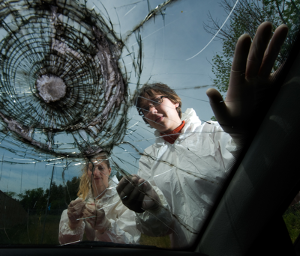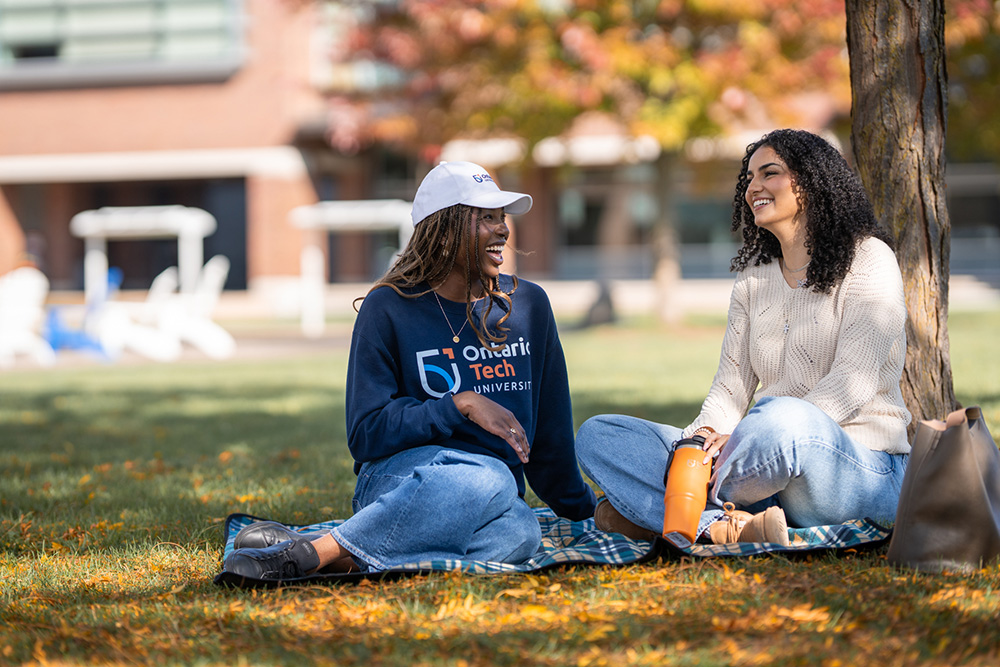UOIT Faculty of Science graduate student ventures to Yukon
June 4, 2010

Bygarski will carry out a forensic entomology study in Canada's north as part of a project being spearheaded by the RCMP's Sergeant Diane Cockle and Corporal Jim Giczi in conjunction with two leading Canadian forensic entomologists: Dr. Helene LeBlanc, assistant professor, Forensic Science at UOIT and Dr. Gail Anderson, associate professor, School of Criminology, Simon Fraser University in Burnaby, British Columbia.
"This unique opportunity was presented to me early in the final year of my undergraduate studies," says Bygarski. "Given the great variability of entomological data from region to region, I anticipate finding differences between my previous honours thesis and my upcoming research in the Yukon environment."
Decomposition studies have already been conducted in several provinces in order to populate a carrion insect database that provides information on the insect fauna in specific regions of Canada. Colonization of cadavers by insects is associated with a specific time sequence of events, and this aids in determining the time of death. This database assists forensic entomologists and the police when conducting poaching or murder investigations. Until now, Canada's north has yet to be explored.
Throughout these two months, Bygarski will be studying the rates of decomposition of pig carcasses, as well as the insects which colonize the bodies. Additional collections will also be made of the soil beneath the body for future analysis by Dr. Shari Forbes, assistant professor, Forensic Science at UOIT and Tier II Canada Research Chair in Decomposition Chemistry. Bygarski's study is also receiving support from Yukon College's Clint Sawicki, manager, Northern Research Institute as well as Vance Hutchison, adjunct professor, Biological and Forensic Anthropology, Yukon College, who will be studying the bones once the carcass has fully decomposed.
About Ontario Tech University
A modern, forward-thinking university, Ontario Tech advances the discovery and application of knowledge to accelerate economic growth, regional development and social innovation. We inspire and equip our students and our graduates to make a positive impact in a tech-focused world. For us, it’s not only about developing the next tech breakthrough. Understanding and integrating the social and ethical implications of technology differentiates us as university. Learn more at ontariotechu.ca.



